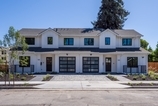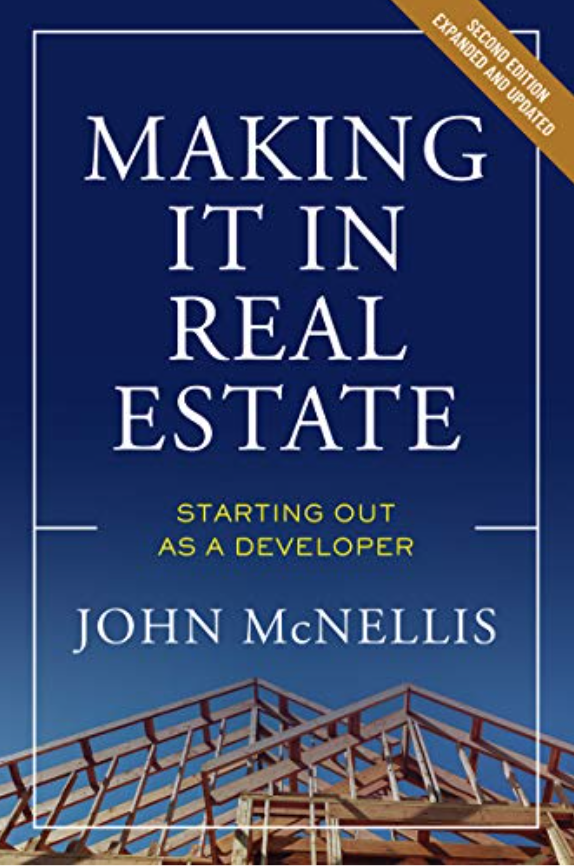The city’s building inspector confided, “I don’t know why anyone would ever pull a permit for an apartment remodel; the cities make it so difficult.”
California’s cities want to do the right thing. They’ve been telling us all the right things since the Covid mess began: promising to speed building permits for struggling landlords and tenants, to slash red tape, to help small businesses—particularly retail—through to the other side. But somewhere between our public employees’ enthusiastic adoption of remote working and city Zoom calls that resemble a high school yearbook, that right thing is proving elusive.
Like they say in Jersey, I know a guy. This guy has a small apartment portfolio in San Francisco. He wants to convert some of his garages into studios; that is, he wants to create accessory dwelling units (ADU’s). Because a garage-turned studio is by definition lower income housing, the state of California has mandated that all cities swiftly approve ADU’s to help with our housing crisis. The approvals for his conversions should have been a piece of cake. They weren’t. This guy applied to the San Francisco Planning Department for permits more than a year ago. The approval process flat-lined, leaving his ADU’s still hung up today. He said, “We were even told the permit was ready to be issued for one, we paid the invoice, went to pick it up at Planning, only to hear, ‘It isn’t ready yet’. Weeks later and we have no idea why we can’t get this permit.”
San Francisco may be unique in many ways, but not in this. I recounted this story to a group of young developers on yet another yearbook Zoom call. They jumped on it like an onside kick, clamoring to top it with their own tales of woe.
A Redwood City developer said he submitted plans to renovate a single apartment in the fall of 2019. After some back and forth, he picked up his permit. Some months later—in the midst of the pandemic—he wanted to do the identical work to an identical apartment next door to the first. He submitted the previously approved plans; three months later he received a four page single-spaced letter of new comments from the city. It took him six months to finally get the second permit. This builder said, “The city’s building inspector confided, ‘I don’t know why anyone would ever pull a permit for an apartment remodel; the cities make it so difficult.”
In the business of remodeling and flipping rundown houses, another new developer lamented that he’s been waiting for over a year for Berkeley to approve his modest renovation plans. A third, a manager with a large non-profit builder, said that even their very low income apartment projects—those at the top of the public approval pile—are taking twice as long for comments. A San Jose developer blamed his massive delays and fly-specking comments—he called them “pointless and stupid”—on the fact that many cities now pay outside consultants on an hourly basis to do their plan checking. According to him, these consultants are interpreting building codes in the most rigid, overly restrictive manner possible, both to prove their mettle and double their fees. When asked what he does to fight back, he said. “I call 3-4 times a day, I write 3-4 emails a day, I make myself such a total pest that they finally give in just to get rid of me.”
Our firm has no immunity from this governmental indifference. We signed a lease on a fairly large retail space that had been vacant since the beginning of the Great Shut-Down. The new tenant was willing to take the space as-is, but needed to replace a backdoor with a wider, roll-up door to bring in merchandise. This scant work should have been approved over the counter. Instead, after a couple months, the city’s external checker said the door needed further study. With this excuse, the tenant exercised its termination right, and we lost a substantial lease.
At a time when cities should be throwing lifelines to drowning tenants and landlords, too many are tossing out sea anchors. As with San Francisco, most aren’t saying no; they’re either not responding—if you’re into masochism, try getting a return call from a planner—or insisting they need more information or further studies or tighter compliance with their byzantine codes. If cities don’t start seeing the forest for the trees, our business landscape—if it hasn’t already—will irretrievably change.






















